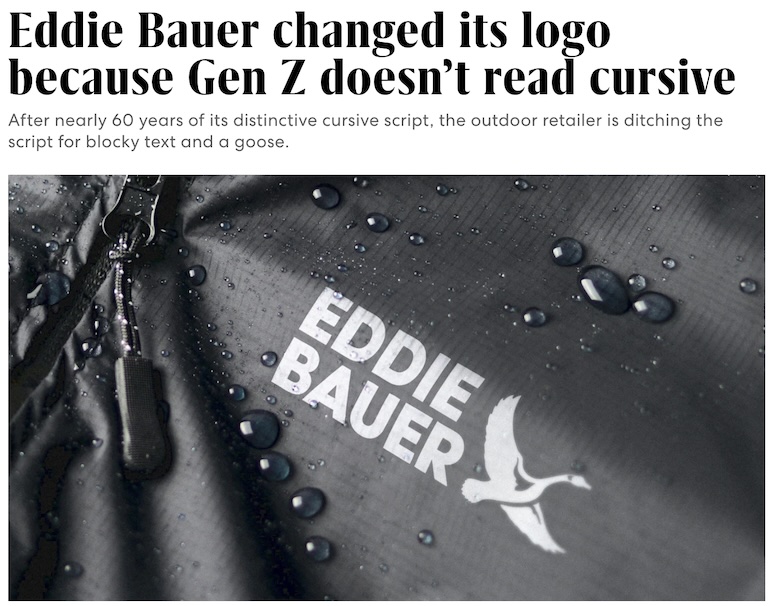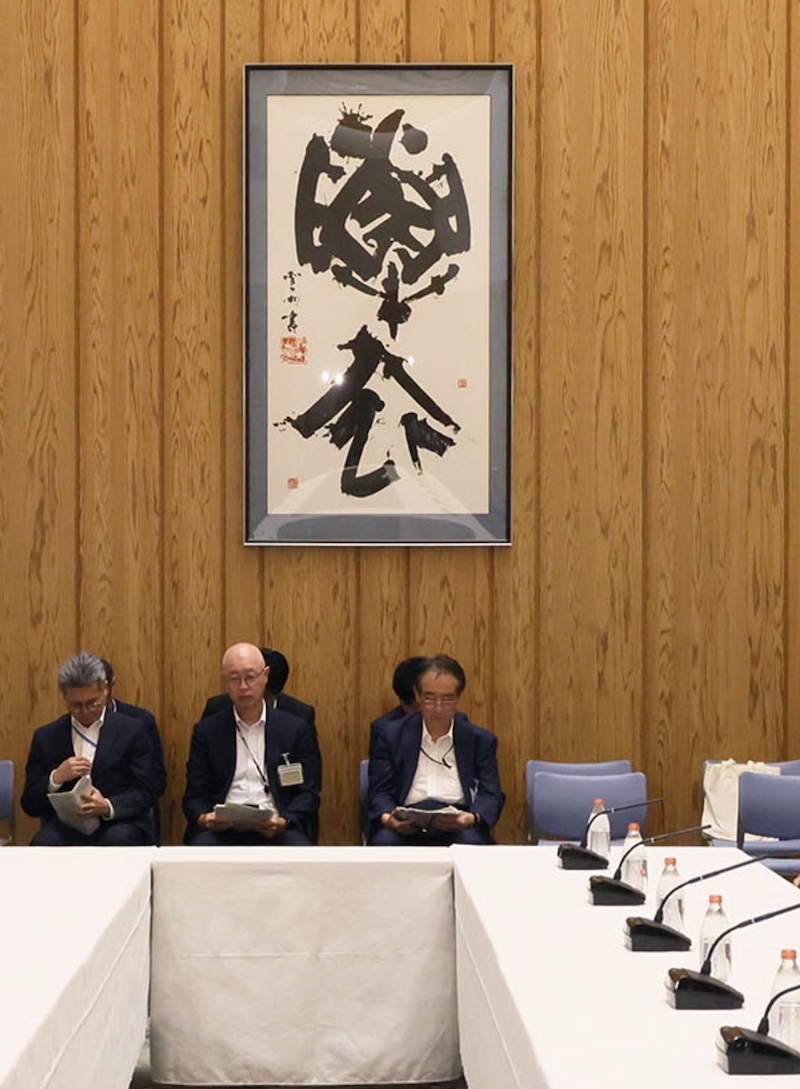Tonight we're rewatching The Good, The Bad and The Ugly in honor of Ennio Morricone, the composer of its iconic score, who died today. Deediedeedledee nwah nwah nwaaaaahhh
And I've just had a thought about the title that turns on the quite different interpretations of the-Adj constructions in English and Italian, which I mainly know about from this paper by Hagit Borer and Isabelle Roy .
In English, "the Adj" generally only allows a generic reading, and often refers to the class of humans characterized by the adjective, as in the poor, the rich, etc. In Italian (and French, Spanish, etc.) this isn't the case; the construction, although based on the same syntax, can also receive a particular referential singular interpretation. Borer and Roy ascribe this to the presence of identifying number and gender features on the determiner in those languages.
In the original Italian title of the movie, Il buono, il brutto, il cattivo ('The good.masc.sg, The ugly.masc.sg, the bad.masc.sg.) these 'The-Adj' sequences are referential; they refer to the three main characters Blondie, Angel Eyes and Tuco. The Italian title is more or less equivalent to English "The good guy, the bad guy and the ugly guy".
In English, though, the grammatical structure of the title can only get the generic reading. The use of these forms in the film to refer to three protagonists, then, bestows an archetypal quality on those characters; they're metonymically interpreted as instantiating the whole classes of good people, bad people and ugly people respectively. And the kind of mythic force it imparts somehow fits so perfectly with the grandiose yet tongue-in-cheek quality of the whole film, to me it's really a fundamental part of its impact, humor and appeal.
My question is, do you think Leone and the scriptwriters understood this property of the English translation? Or did they read their English calque of the Italian grammatical structure just as they would have read the Italian? The Italian title, in fact, with its masculine singular marking, cannot be understood in the same way as the English is. To represent the English interpretation in Italian, apparently, the plural would be needed: i belli, i brutti, i cattivi. My guess is that neither the writers nor the director realized that the title read so differently in English.
According to Wikipedia, the Italian title was a last-minute suggestion of screenwriter Luciano Vincenzoni, and the title for the English version was determined by the studio after some alternatives were bandied about and rejected. I wonder if someone at United Artists recognized the different reading, and the epic quality it imparted, when they were discussing the choice!
Thanks to Roberta d'Alessandro and other Facebook linguists for Italian judgments and discussion!




